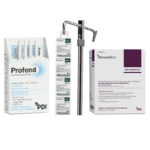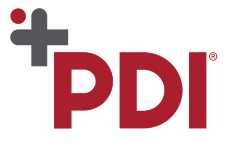Interventional Care


We notice that you are visiting us from . This site only services US-based visitors. Would you like to visit the site that is appropriate for your location?

Patient Safety and Quality Care Magazine recently published an article entitled, AORN Updates Skin Antisepsis Guidelines: What This Means for Organizations, which discusses the recently updated Association of periOperative Registered Nurses (AORN) guidelines for antisepsis and nasal decolonization. These updates lend weight to long-held practices, offer guidance toward safer pre-surgical and preoperative care, and assist healthcare professionals in navigating risk-based decisions for developing preoperative decolonization programs.
Excerpt from the article:
“The AORN guidelines discuss both skin and nasal decolonization and skin prep as well as antibiotic prophylaxis and hair removal (among other topics), but the changes to decolonization guidelines are what jump out to Montejano.
“There really hadn’t been a component within the guidelines addressing nasal decolonization,” says Montejano. “That’s a big addition to these skin antisepsis guidelines.”In terms of whether the changes will impact the workload for organizations and practitioners, a lot of facilities in the preoperative arena had already started incorporating nasal decolonization, she notes. Professional guidelines are out in the field for certain subsets of patients to receive nasal decolonization. “Now we have AORN making a recommendation for incorporating nasal decolonization into best practice guidelines,” adding an influential weight to the practices, says Montejano.
The concept was on professionals’ radar even before the pandemic, she says. “At the facility, I came from where I was an infection preventionist, we were doing nasal decolonization for at least 10 years—they were doing it prior to when I started there for certain high-risk surgery types,” says Montejano. “Now we’re seeing it become the norm.”